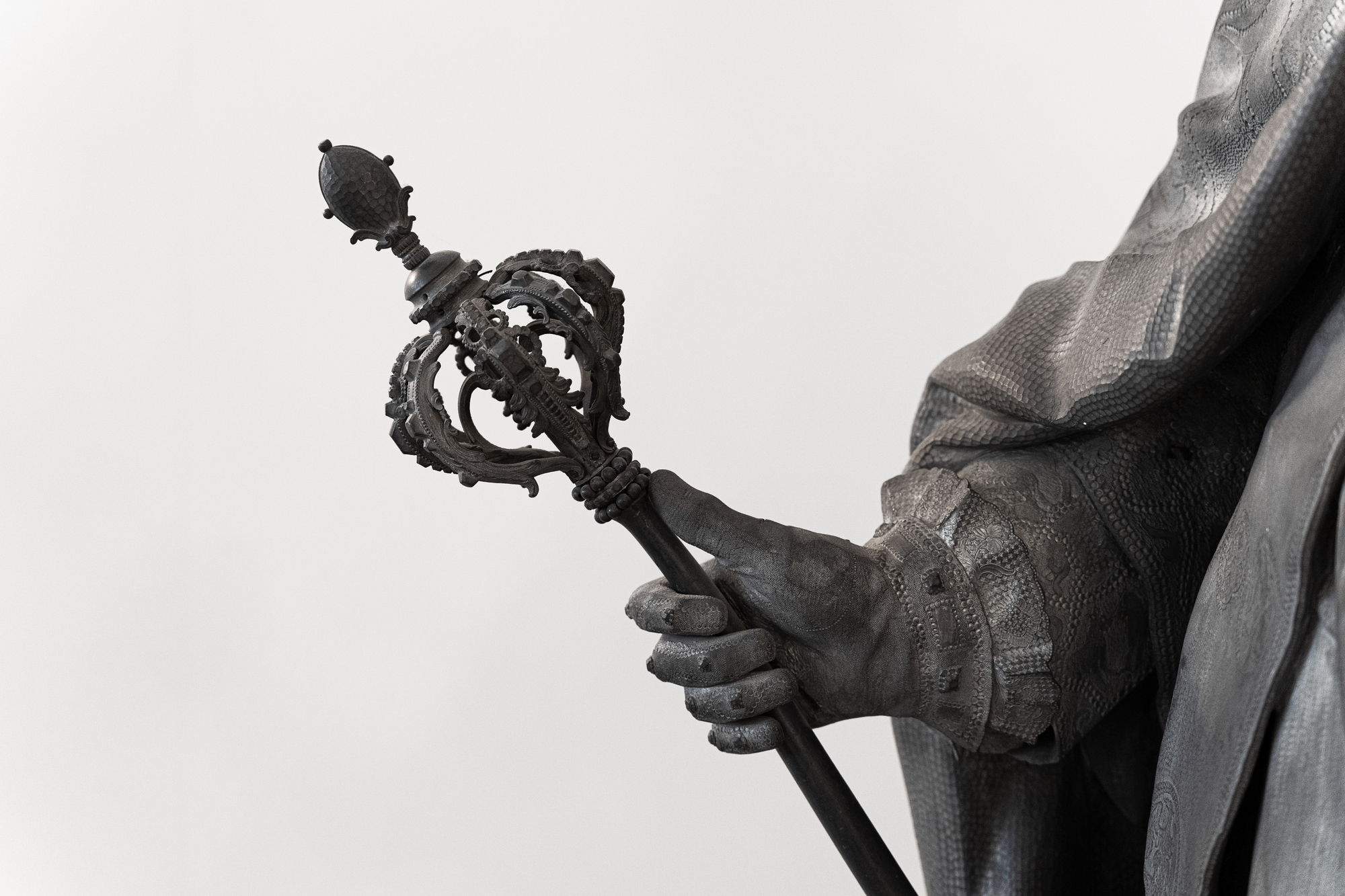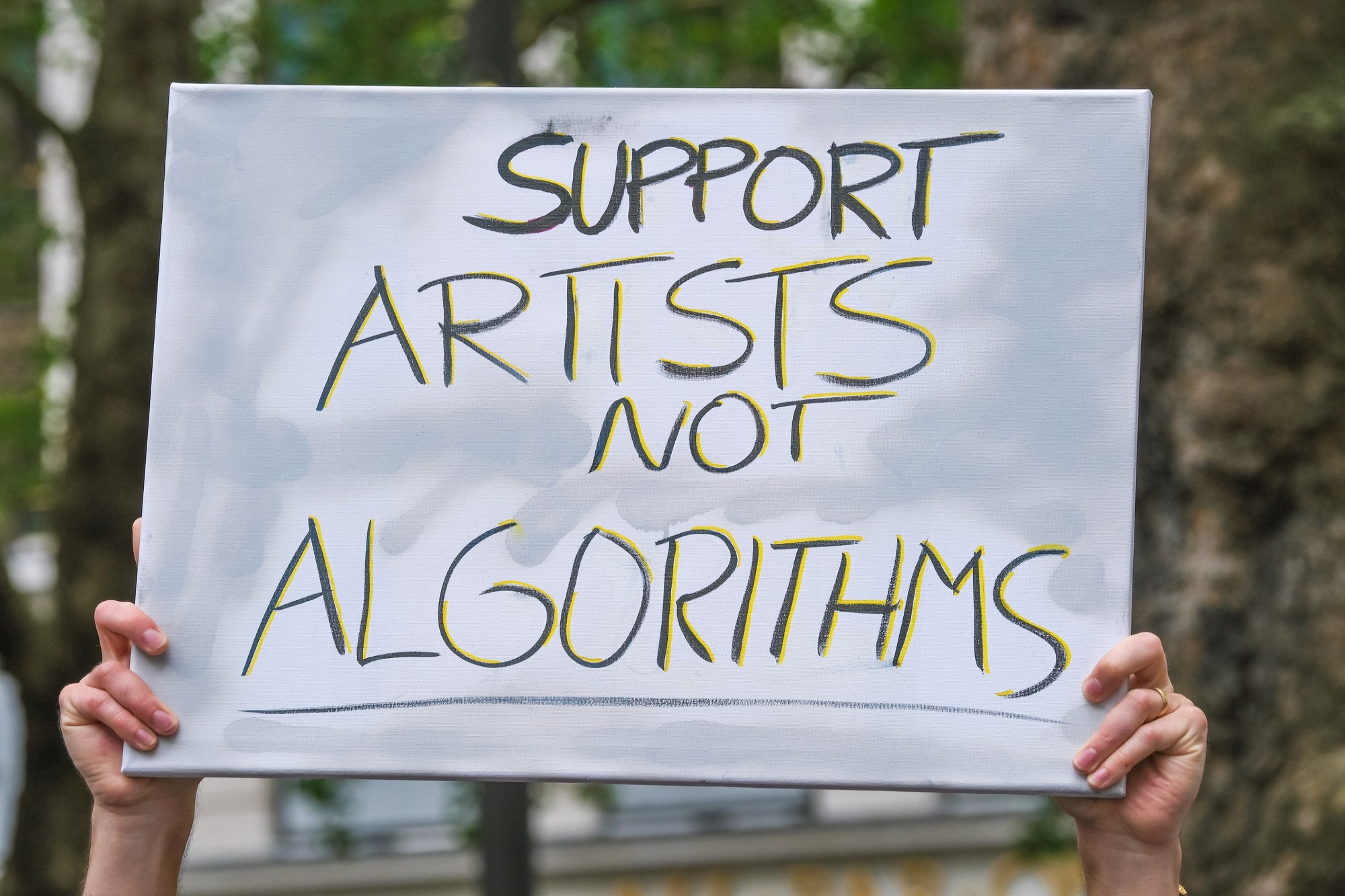Corporate Activism and Non-Ideal Democracy

This piece is part of an Under Discussion series. To read more about this week’s topic and see more pieces from this series visit Under Discussion: “Woke Capitalism.”
In March, Florida Governor Ron DeSantis signed the Parental Rights in Education Act (PREA). The “Don’t Say Gay” law restricts classroom instruction about sexual orientation or gender identity and empowers parents to sue school districts over teachings they don’t like.
Many are critical of the PREA, including, controversially, the Walt Disney Company. On the day it was signed, Disney released a statement saying that the PREA “should never have been signed into law” and declared that its “goal as a company is for this law to be repealed” or “struck down.” DeSantis and the state legislature retaliated by canceling some important privileges afforded to Disney. DeSantis described this as a wakeup call, declaring that Disney needs “to get back to the mission” and “back on track.”
The quarrel between DeSantis and Disney is representative of a broader ongoing controversy about the proper role of corporations in politics and public discourse.
Recent developments have propelled this issue into the spotlight. In 2010, the Supreme Court ruled that the First Amendment prohibits the government from restricting corporations from independently advocating for or against political candidates, opening the door to unlimited corporate spending. Moreover, corporations have recently become increasingly active in signaling support for progressive social causes, a trend which has been described as “woke capitalism.”
There are many reasons to be critical of corporate involvement in politics and public discourse. In most cases it’s probably motivated mainly by a cynical desire to curry favor with lawmakers, distract from corporate exploitation, or otherwise advance profits; corporate activism can exacerbate cultural divides and grievances; it’s unclear whether corporations have a moral right to free speech. And, most importantly, a democracy should be governed by the people, not by businesses or the economic elite.
Let’s suppose (as seems plausible) that there are many good objections against corporate activism and that in a well-functioning liberal democracy, corporations have no place in politics or public discourse. It does not follow that corporations should not participate in politics or public discourse in our society. The significance of this supposition for the Disney-PREA case (and the general controversy) depends largely on whether we live in a just and well-functioning liberal democracy. I’d like to suggest that we don’t.
If we live in a society that is only partially democratic and only partially liberal, a society that is characterized by serious systemic injustices, then perhaps we should welcome the efforts of the powerful, including corporations, when they act to redress injustices.
Perhaps corporate activism is less than ideal but nevertheless all-things-considered justified in our non-ideal situation.
To explore this line of thinking, I need to paint an ugly picture. We are told in school that the United States is a beacon of freedom and hope for the world. We are told that the U.S. is a liberal democracy, a state committed to protecting the basic freedom and equality of all its citizens, governed by the will of the people.
There are good reasons for thinking this is a convenient bit of propaganda that is only partially true.
We can look outwards first. The U.S. is an empire of sorts. Old-style empires exerted power over territories by conquering and directly ruling them. Contemporary empires like the U.S. exert imperial power less directly. The U.S. furthers its international interests through soft-power and diplomacy, like when it leverages its considerable power in the UN to influence foreign governments. It also wields unprecedented hard power. For example, the U.S. has about 800 foreign military bases in 80 countries. It uses its economic and military might to overthrow foreign governments, influence foreign political and revolutionary movements, and generally meddle in the affairs of other countries.
Although those who have a grip on the levers of U.S. imperial power are ostensibly accountable to voters, we voters have virtually no de facto control over U.S. foreign affairs.
Consider the presidency. The president has a lot of say over how U.S. military power is deployed in the world. But voters only have two real options in presidential elections. And despite the standard rhetoric to the contrary, presidents from both parties tend to wield military power in more or less continuous ways. The War in Afghanistan is a representative example. This war was started by a Republican (Bush) and expanded by a Democrat (Obama). A Republican (Trump) initiated withdrawal from the region, which was completed by a Democrat (Biden).
Things look about the same looking inwards. The Declaration of Independence states that governments derive their just powers from the consent of the governed. Yet our laws routinely fail to conform to the will of the people. For example, U.S. federal laws currently fail to reflect that a majority of voters support changing the electoral college (55%), protecting access to abortion (61%), greater action on climate change (65%), decriminalizing marijuana (68%), health insurance public options (68%), universal background checks on gun purchasers (84%), and price limits on lifesaving drugs (89%). Many entrenched factors contribute to this, from the fact that some voters have far more power than others, to the influence of industries and economic elites (especially super-rich private donors) on public policy, the disproportionate wealth of lawmakers, the various demagogues clogging public discourse with inane conspiracy theories, and so on. The undemocratic elements in our society are coupled with illiberal systemic injustices like extreme economic inequality and laws that protect freedoms selectively. For example, in 2021, the top 1% of households held 32.3% of all household wealth, while the bottom 50% held only 2.6%. And at the time of this writing, federal law does not protect LGBTQ people from discrimination in employment and housing (although 70% of people support such protections).
The picture that is emerging is one of an empire that, despite having democratic and liberal elements, is largely run by elites and routinely fails to protect the basic freedom and equality of its citizens.
Suppose this picture is roughly accurate. Also suppose for the sake of argument that the PREA is seriously unjust. Since it is seriously unjust, we citizens should work to see it repealed. But we do not have as much power to affect legislation as we are encouraged to believe. Wealthy corporations have power, however, and we can solicit assistance from them. Now if the U.S. had legitimate democratic institutions, then corporate meddling in democratic processes would threaten the legitimacy of those institutions. But by supposition that legitimacy is already seriously compromised by entrenched factors. So, arguably we should solicit and welcome assistance from powerful entities like Disney insofar as this increases the likelihood that the PREA will be repealed and the expected side effects are acceptable. And arguably this is compatible with maintaining that corporate activism is ultimately a bad thing.
Here’s an imperfect but suggestive analogy. Imagine we live under a dictatorship. Many people are oppressed by harmful laws. But the dictator’s counselor is sympathetic to the oppressed. It seems to me that we could, without logical inconsistency or hypocrisy, both beseech the counselor to convince the dictator to change the harmful laws and also maintain that neither the dictator nor his counselor should have any power over us.
This suggests that corporate activism can be justified in our non-ideal situation, but only to the extent that it is efficaciously directed at making our society more just.
This marks a difference between corporations and citizens. Citizens have an autonomy-based moral right to participate in collective governance and public discourse, which entitles them to sincerely advocate for positions that are in fact unjust. Corporations have no such right. Their entitlement to advocacy is derived exclusively from the special power they have to improve our society.
It’s sensible to reject this argument if you are less pessimistic than I am about the state of our union. But I don’t think the argument should be rejected because of cynicism about corporate motivations. True, corporations are out to make a profit. Mickey is a rapacious mouse. Nevertheless, from time to time the motive of profit partially aligns with the cause of justice. We should do what we can to remind corporations of this.
Left unaddressed is the difficult practical problem of how we can effectively make use of corporate activism while also advocating for a society that is truly governed by the people, not corporations or elites. I don’t know how this problem can be solved. But I am hopeful that it can be.




